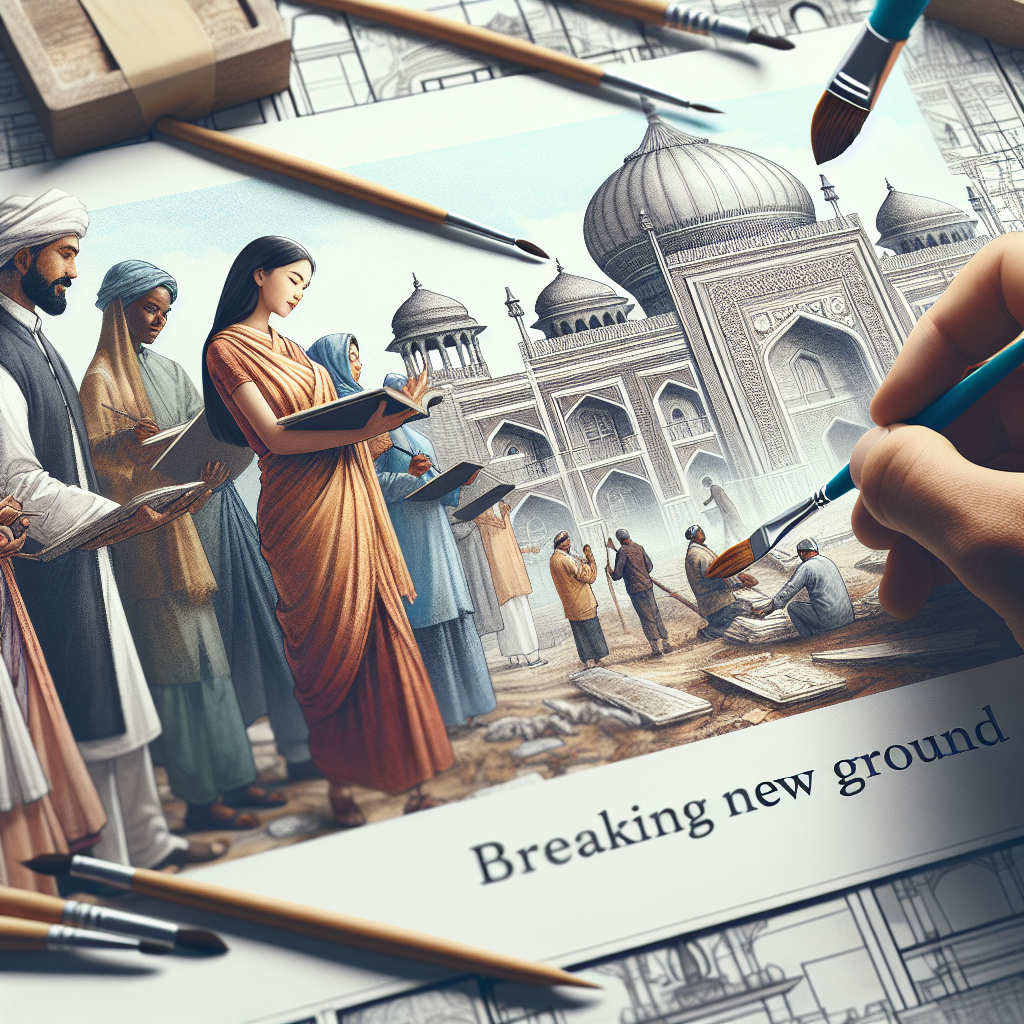There is an old saying that culture tells us about where we come from, our history, tradition, values, arts, customs – in short, it shapes the very fabric of humanity. In this analytical deep dive, we will illuminate how governments’ commitment to preserving such invaluable treasures can upend traditional policy-making norms.
Policy Overview
The concerted focus on safeguarding cultural heritage has led various governments worldwide to adopt stringent policies aimed at shielding valuable assets from time’s ravaging effects and encroaching modernity. From instituting regulations to protect ancient monuments and sites to ensuring local traditions are kept alive through education initiatives; these multi-faceted approaches reflect a recognition of culture’s intrinsic worth.
Historical Context
The conception of protecting culture isn’t new. The Ancient Romans placed safeguards against damaging public monuments while UNESCO established its Convention for the Protection of Cultural Property in times of Armed Conflict as far back as 1954. Yet it is only in recent decades have we witnessed an elaborate intertwining between policy machinery & cultural conservation goals.

Stakeholder Perspectives
A spectrum of stakeholders affects or gets affected by such preservation drives – historians crisscrossing continents documenting obscure traditions or artisans intricately crafting ‘dying’ art forms hoping for revival under proactive regulatory environments or tourism corporations looking to capitalize on showcasing societies’ cultural tapestry to curious global tourists.
Economic Impact
Critical sectors like tourism benefit from these culture preservation policies, contributing significantly to the GDP. Government investments in this domain see a ripple effect – job creation, increased visitor spending and ancillary market growth being visible outcomes.
Social Consequences
Efforts to preserve cultural heritage have deep social implications too. These measures often drive community empowerment by validating local customs and traditions, fostering societal cohesion and creating a collective identity that indirectly aids in nation-building.
Implementation Challenges
The journey from policy formulation to on-ground implementation can be arduous. Challenges range from lack of proper documentation or understanding of what constitutes ‘cultural heritage,’ insufficient funding, vandalism threats, or resistance from communities fearing commodification of their sacred practices.
Success Metrics
To gauge success in preserving cultural heritage isn’t easy given its subjective nature but some metrics could be universal adoption rates of protective laws & regulations; spike in tourism footfall & revenues at preservation sites or visible resuscitation/rejuvenation attempts for endangered languages/art forms/crafts/traditions.
Alternative Approaches
Taking a lesson from indigenous cultures where knowledge is passed down generations orally might work wonders for retaining intangible cultural elements whereas technology-driven solutions like 3D reconstruction could help restore/or archive tangible ones. Advocating for shared global responsibility instead of putting undue pressure on economically challenged nations also has merit.
Future Projections
In the future we can expect more nuanced integration between culture preservation efforts & sustainable development goals (SDGs). Such nexus may make way for innovative financing solutions like green bonds issuance aimed at sustaining both our built and non-built heritages.
Recommendations:1) Encourage public-private partnership models to ensure adequate funding for cultural preservation projects.2) Integrate traditional and modern knowledge systems to enhance the efficacy of such efforts.3) Promote active citizen involvement in preserving local heritage.
As we tread forward, let’s acknowledge that harnessing our past effectively is key to creating a future where culture thrives alongside commerce. It’s a learning opportunity – an economic & social one.’



